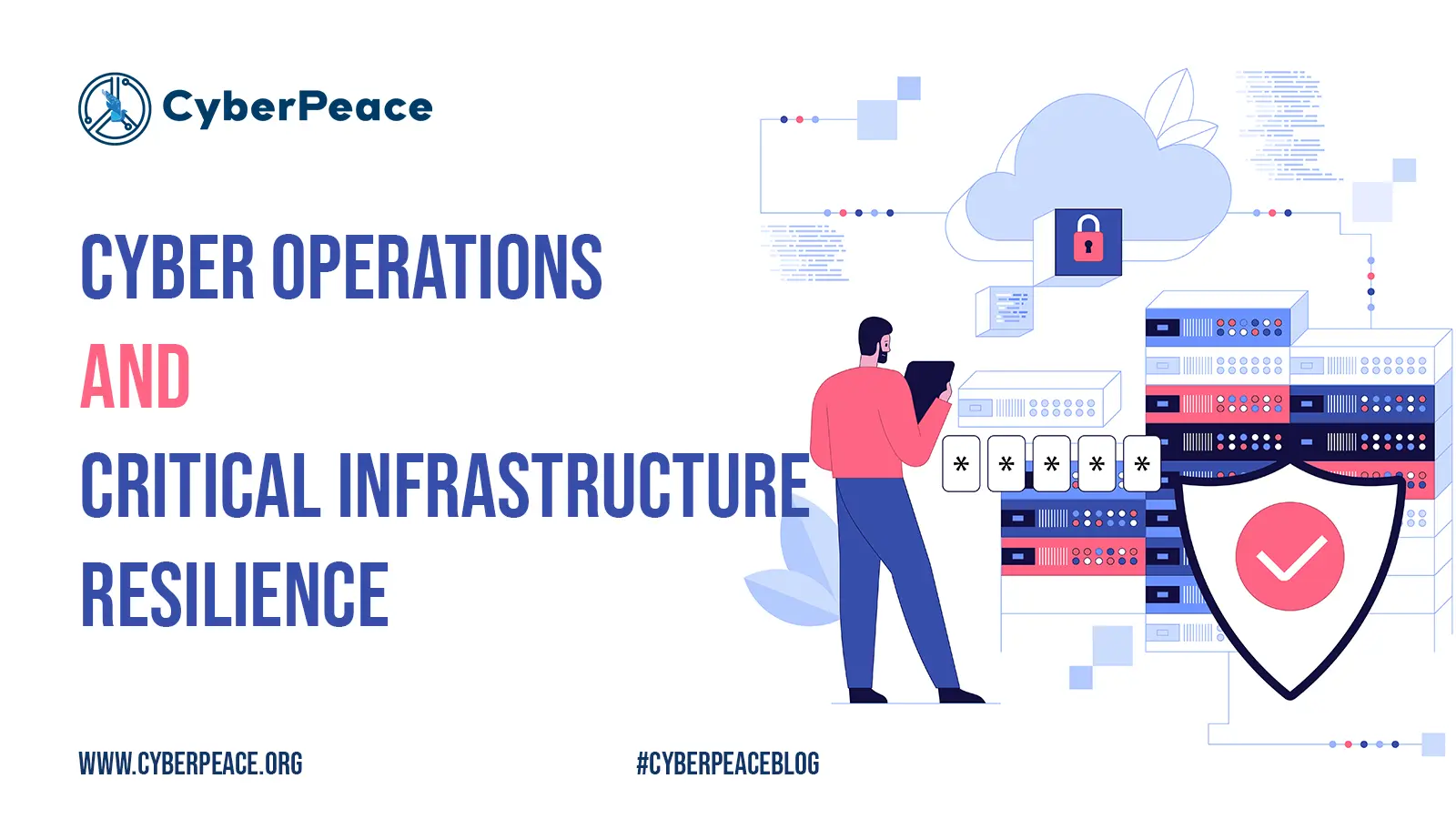Celebrities under Siege: Taylor Swift and the Deepfake Epidemic
Introduction
In the dynamic intersection of pop culture and technology, an unexpected drama unfolded in the virtual world, where the iconic Taylor Swift account has been temporarily blocked on X . The incident sent a shockwave through the online community, sparking debates and speculation about the misuse of deepfake technology.
Taylor Swift's searches on social media platform X have been restored after a temporary blockage was lifted following outrage over her explicit AI images. The social media site, formerly known as Twitter, temporarily restricted searches for Taylor Swift as a temporary measure to address a flood of AI-generated deepfake images that went viral across X and other platforms.
X has mentioned it is actively removing the images and taking appropriate actions against the accounts responsible for spreading them. While Swift has not spoken publicly about the fake images, a report stated that her team is "considering legal action" against the site which published the AI-generated images.
The Social Media Frenzy
As news of temporary blockages spread like wildfire across social media platforms, users engaged in a frenzy of reactions. The fake picture was re-shared 24,000 times, with tens of thousands of users liking the post. This engagement supercharged the deepfake image of Taylor Swift, and by the time the moderators woke up, it was too late. Hundreds of accounts began reposting it, which started an online trend. Taylor Swift's AI video reached an even larger audience. The source of the photograph wasn't even known to begin with. The revelations are causing outrage. American lawmakers from across party lines have spoken. One of them said they were astounded, while another said they were shocked.
AI Deepfake Controversy
The deepfake controversy is not new. There are lot of cases such as Rashmika Mandana, Sachin Tendulkar, and now Taylor Swift have been the victims of such misuse of Deepfake technology. The world is facing a concern about the misuse of AI or deepfake technology. With no proactive measures in place, this threat will only worsen affecting privacy concerns for individuals. This incident has opened a debate among users and industry experts on the ethical use of AI in the digital age and its privacy concerns.
Why has the Incident raised privacy concerns?
The emergence of Taylor Swift's deepfake has raised privacy concerns for several reasons.
- Misuse of Personal Imagery: Deepfake uses AI and its algorithms to superimpose one person’s face onto another person’s body, the algorithms are processed again and again till the desired results are obtained. In the case of celebrities or higher-position people, it's very easy for crooks to get images and generate a deepfake. In the case of Taylor Swift, her images are misused. The misuse of Images can have serious consequences for an individual's reputation and privacy.
- False narrative and Manipulation: Deepfake opens the door for public reaction and spreads false narratives, causing harm to reputation, and affecting personal and professional life. Such false narratives through deepfakes may influence public opinion and damage reputation making it challenging for the person to control it.
- Invasion of Privacy: Creating a deepfake involves gathering a significant amount of information about their targets without their consent. The use of such personal information for the creation of AI-generated content without permission raises serious privacy concerns.
- Difficulty in differentiation: Advanced Deepfake technology makes it difficult for people to differentiate between genuine and manipulated content.
- Potential for Exploitation: Deepfake could be exploited for financial gain or malicious motives of the cyber crooks. These videos do harm the reputation, damage the brand name, and partnerships, and even hamper the integrity of the digital platform upon which the content is posted, they also raise questions about the platform’s policy or should we say against the zero-tolerance policy on posting the non-consensual nude images.
Is there any law that could safeguard Internet users?
Legislation concerning deepfakes differs by nation and often spans from demanding disclosure of deepfakes to forbidding harmful or destructive material. Speaking about various countries, the USA including its 10 states like California, Texas, and Illinois have passed criminal legislation prohibiting deepfake. Lawmakers are advocating for comparable federal statutes. A Democrat from New York has presented legislation requiring producers to digitally watermark deepfake content. The United States does not criminalise such deepfakes but does have state and federal laws addressing privacy, fraud, and harassment.
In 2019, China enacted legislation requiring the disclosure of deepfake usage in films and media. Sharing deepfake pornography became outlawed in the United Kingdom in 2023 as part of the Online Safety Act.
To avoid abuse, South Korea implemented legislation in 2020 criminalising the dissemination of deepfakes that endanger the public interest, carrying penalties of up to five years in jail or fines of up to 50 million won ($43,000).
In 2023, the Indian government issued an advisory to social media & internet companies to protect against deepfakes that violate India'sinformation technology laws. India is on its way to coming up with dedicated legislation to deal with this subject.
Looking at the present situation and considering the bigger picture, the world urgently needs strong legislation to combat the misuse of deepfake technology.
Lesson learned
The recent blockage of Taylor Swift's searches on Elon Musk's X has sparked debates on responsible technology use, privacy protection, and the symbiotic relationship between celebrities and the digital era. The incident highlights the importance of constant attention, ethical concerns, and the potential dangers of AI in the digital landscape. Despite challenges, the digital world offers opportunities for growth and learning.
Conclusion
Such deepfake incidents highlight privacy concerns and necessitate a combination of technological solutions, legal frameworks, and public awareness to safeguard privacy and dignity in the digital world as technology becomes more complex.
References:
- https://www.hindustantimes.com/world-news/us-news/taylor-swift-searches-restored-on-elon-musks-x-after-brief-blockage-over-ai-deepfakes-101706630104607.html
- https://readwrite.com/x-blocks-taylor-swift-searches-as-explicit-deepfakes-of-singer-go-viral/





